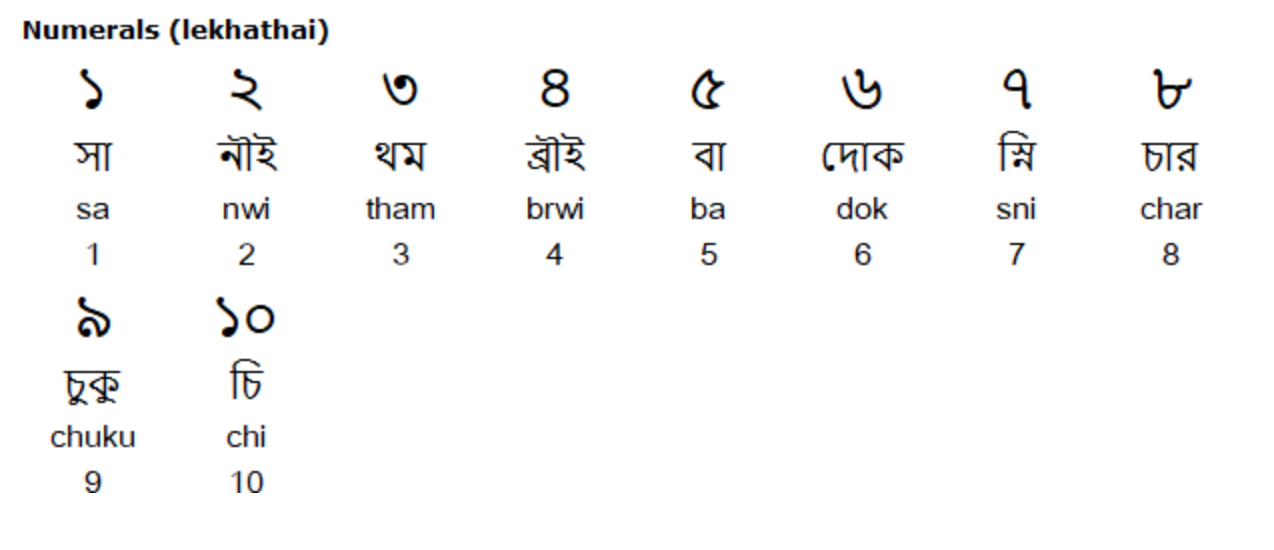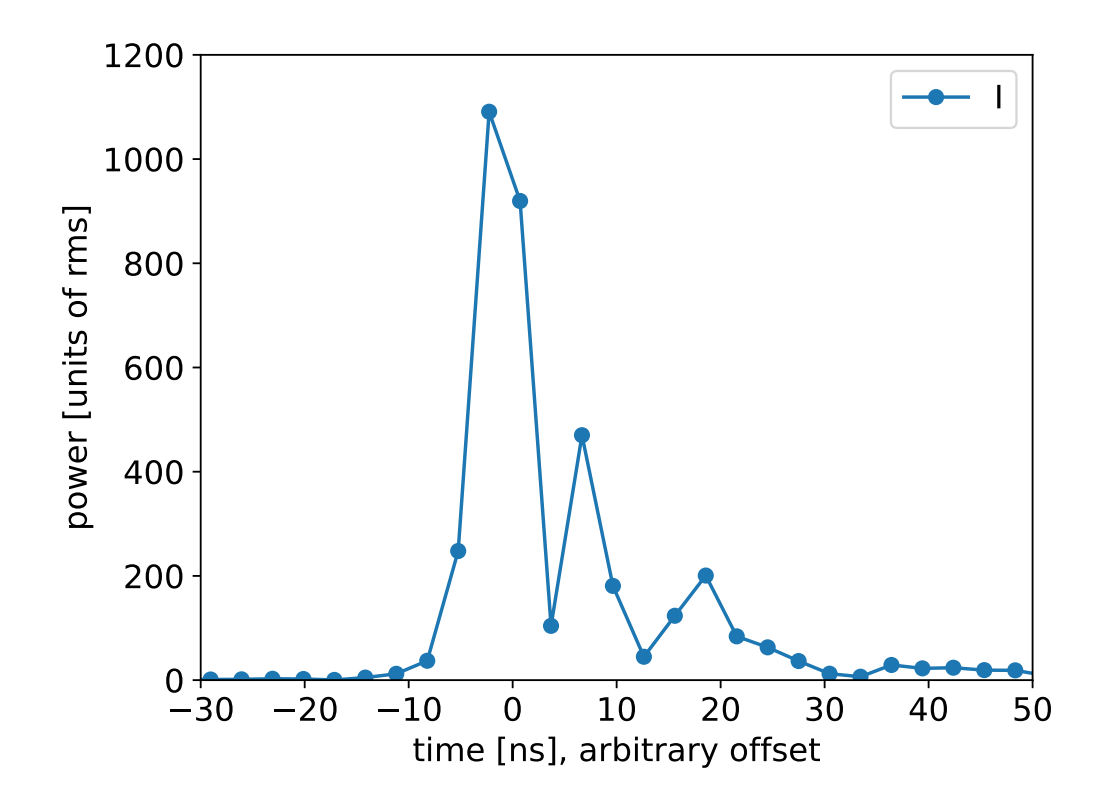Trying in years gone by to tell my kids something about mathematics, nothing was difficult.
That's a clumsy sentence, but I use those words deliberately. Nothing was difficult, and I don't at all mean everything was easy. I mean the idea of "nothing" was a particularly difficult one to explain. It gave me a new appreciation for zero, and its discovery. Or invention, whatever.
Zero is so much a part of our lives that it was hard for me to comprehend just how difficult it is to grasp, for a young child; to comprehend that I must have had the same difficulty when I was a child early last century. Why that difficulty?
Well, here's a basic conundrum. Zero means nothing, you tell your kids, and that may be a good description as a start. But it leads immediately to problems. If it really is nothing, a kid will want to know, how is the number 309 different from 39? After all, the kid might continue, check what you've told me about subtracting 20 from 29: the 9 minus the 0 is 9, then 2 minus 2 is 0, so I get 09. You say I can safely throw away that 0, so the answer is actually 9. Meaning that 0 really is nothing.
Well, then why isn't 309 the same as 39?
So it is that you now contradict yourself and tell her, zero isn't actually nothing. Or it is, and it isn't. In this case, it is what mathematicians call a "placeholder". It assumes importance because of the way we construct our numbers. It's not just the digits that have significance. Their position also does.
So it is that we understand 309 as 3 hundreds, 0 tens and 9 ones, meaning three hundred and nine. If we took the 0 out, we'd have 39, understood as 3 tens and 9, or thirty-nine. That is, the place for tens is significant, even if there are, in this case, no tens. The zero does mean "nothing" - in the sense of no tens - but its position gives that "nothing" a weight.
If all this is confusing, imagine what a child would make of it. But then spare a thought for the Ancient Romans, with their peculiar representation of numbers. They wrote 309 as CCCIX, and 39 as XXXIX. At least you can persuade a child that 309, being longer, is a larger number than 39. How are you going to do the same persuasion with XXXIX and CCCIX, both 5 digits long? Or stack LXXXVIII up against MI. That's 88 and 2001, respectively.
Because the positions of Roman digits mean nothing (well, almost nothing), and because they had no digit representing 0, there's very little correlation between the magnitude of a number and the way it looks as written. That's a fundamental weakness of the Roman system. Yet the astonishing thing is that ancient Romans were inveterate engineers and architects, building roads and viaducts, buildings and stadiums. How I'd love to be a time-travelling fly on the wall, watching these particular ancients at work, doing the mathematical calculations all that construction required. I mean, they knew about the innate strength of arches! They built them in a myriad different sizes! How did they calculate the load an arch could bear, or the size of that block in the centre?
And wait: If they needed to, as I feel sure some ancient Romans must have at some point, how did they multiply XXXIX and CCCIX?
So the notion of zero as a placeholder is a powerful one. Here's how I paraphrased a team of scientists in an earlier column:
First, we learn to define zero as nothing. Second, the contrast between "nothing" and "something". Third, the position of zero at the low end of the positive numbers, meaning it is less than all of them. Fourth, and perhaps most complex, the way zero is represented and then used in numbers and mathematics (as a placeholder, for example).
Indeed, the idea of zero as placeholder makes sense once we recognize and understand the idea of zero as nothing. It may seem like, well, nothing much to you, as it does to me every day. But zero as nothing is hardly an intuitive concept. Looking around the room where I sit writing this, here's what I see: one painting. Four letters on one TV screen. Three lampshades. Seven handles on drawers. Etc. But I don't see none of anything, if that makes sense. It's true, there are zero sitars in this room, as also zero cruise ships. But while reporting "three lampshades" likely won't make you blink, reporting "zero cruise ships" would make you sit up and think. Specifically, what's the matter with this dude, you'd think.
The point is, counting zero of anything doesn't come naturally to us. Instead, it is almost a leap of faith to look at an emptiness, an absence of things, and give it a definite mathematical meaning and value. This apparent leap has actually prompted serious research into how exactly we handle absence neurologically, leading up to comprehending the idea of zero. In one study, the scientists tell us that "in humans zero is also associated with unique behavioral and developmental profiles compared to natural numbers, suggestive of a distinct neural basis for zero."
Which may not be such a surprise anyway. After all, that earlier column I mentioned explored how bees seem to understand the idea of zero, and the research that led scientists to that astonishing conclusion.
Now you may know that I have a soft spot for bees. So if nothing makes sense to them, I'm happy to admit that nothing makes sense to me too.
---
PS #1: Pat on the back to whoever catches a musical reference.
PS #2: Again, If you enjoyed this and want more, please consider hitting that "Support" button below. Thanks!
















Write a comment ...